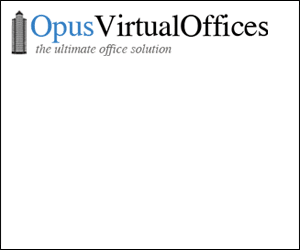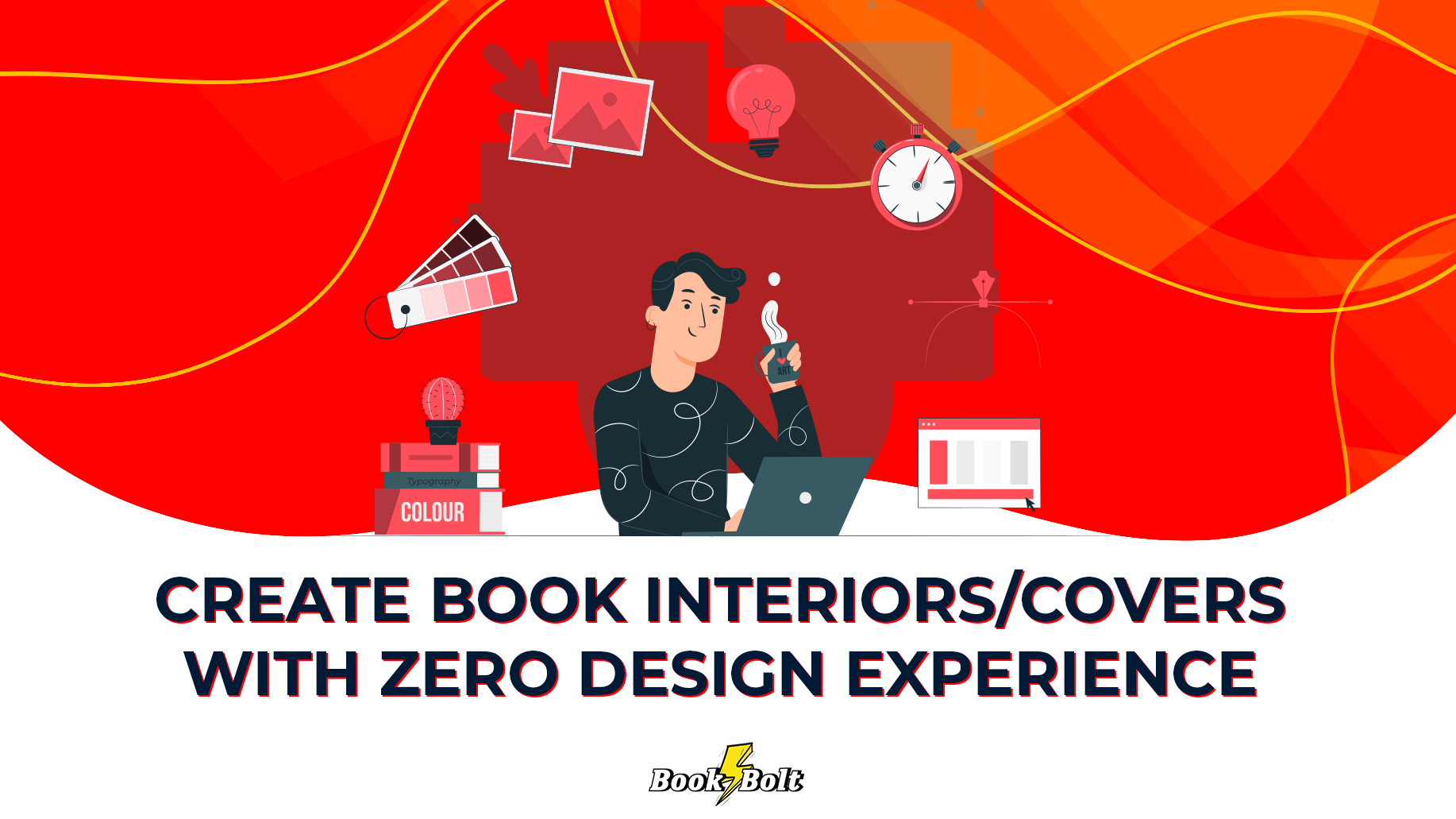

How Do I Find the Best Personal Loan ?

Whether you’re planning your dream vacation, financing your wedding expenses or just looking to consolidate your debt, you might be in the market for a personal loan. Personal loans are a popular choice because they often feature interest rates significantly lower than those of credit cards and can provide quick cash to help you cover a pressing expense. Below are some questions that you may want to consider before you find a loan and take on this type of financial commitment.
What Is My Credit Score?
If you’re a borrower who has a phenomenal score, you are more likely to receive low interest rates on your loan. Borrowers that fall in the highest ranges have credit scores that reflect reliability and are therefore considered to be a lower risk. On the other hand, borrowers with lower credit scores can often be seen by lenders as a greater risk so interest rates tend to be higher. If you have a low score, you could always consider whether it might be worth it to hold off on applying for a loan. It may make a considerable amount of difference if you choose to raise your credit score before applying. If you’re considering this, you can always utilize our Credit Score Simulator to see how specific actions may impact your score and to find out the best way to get your score up to a more desirable level.
Why Do I Need This Loan?
Don’t lie on your application! Personal loans are used for a variety of reasons and being honest about why you need the loan may lead to some new options that were not previously considered or presented to you.
Secured or Unsecured?
When a loan is unsecured, this means it’s not backed by any collateral from the borrower. Unsecured loans typically result in a higher interest rate because the lender is accepting a higher risk in case of default. A secured loan requires collateral from the borrower, which in turn results in a lower interest rate. Collateral is most commonly in the form of property but could be any valuable asset legally owned by the borrower. Of course, you should never go into the process expecting to default on a loan, but it’s always smart to keep this collateral in mind when choosing the right offer for you.
What’s My Payment Period?
How long do I have to repay the loan and how does this affect my overall payment? Lower monthly payments mean a longer payment period. A longer payment period means you’ll be paying interest rates for an extended period of time, which could potentially translate to a larger interest rate overall. Think about how you should base the term of your loan. Are you willing to reduce your monthly repayments but to pay more interest in turn? The best advice would be to figure out what is the maximum amount of monthly repayments you feel comfortable with, so you can better avoid the possibility of interest rate payments piling up.
How Many Loans Should I Apply For?
It’s best to not apply for multiple loans at the same time. Bear in mind lenders will be looking at your credit history and report. Lenders become skeptical if they see multiple loan applications, as to lenders this is a sign that a borrower may be desperate for money. However, if you have a certain amount of money that you just need to borrow and you’re having a difficult time finding decent terms on that one lump sum, taking out more than one loan at once might be the answer to your conundrum.
Is This Lender Legitimate?
Research your lending options to get a better sense of which seem legitimate. I’d suggest checking out the Credit Karma Reviews section before committing to do business with any lender, just to make sure you understand who exactly you’re going to be dealing with.







In my personal opinion the best way to get a home or car is to set money aside. Not using a CC is in a way a good idea. Credit scores shouldn’t always be on how much credit you have but how much you have used via not having a CC. Saving money is a great thing and gives you more options to save money than to waste money you really don’t have at the time. For example: if I want a newer car I would want to save up to the amount of a new car (30+ thousand). This allows me to have it paid in full or if i want a used car i would save for that used car to be paid off. No bank, credit check, etc. would be needed because I pay it in full without a CC or loan. Personal Loans – depending on if you need the money for Christmas or other holidays/special dates would best be suggested to make sure you will have it paid off before the due date. Example: if you get a 1000 personal loan @ say 5% interest for 1-5 years. okay well check how much you make on a week/monthly basis. subtract the amount needed for that loan on a month to month basis. If you have extra money left over possibly month to month then I would suggest take half to three fourths of that and put it towards paying the loan off faster and use the rest as emergency money for break downs on your car or other family matters. One main suggestion for life is to spread sheet out your bills – phone, internet, electric, loan(s), rent, gas (car and heat) and any other bills you may have and take your monthly/weekly bills and add them up to total them. next add up your average or if you know what you are making each month hrly or salary add that in too. now take the amount you make and subtract it from your bills total and you have the amount left over each month for a loan or just to save in your bank to buy/pay off something right away. Things don’t have to be hard and it is that simple to see what you can do in the future with your money you make. Hope this helps people because that is what I enjoy doing at age 34 I have 100% no debt at all. I might be living in a rental but i pay my bills and make a living doing what I can.